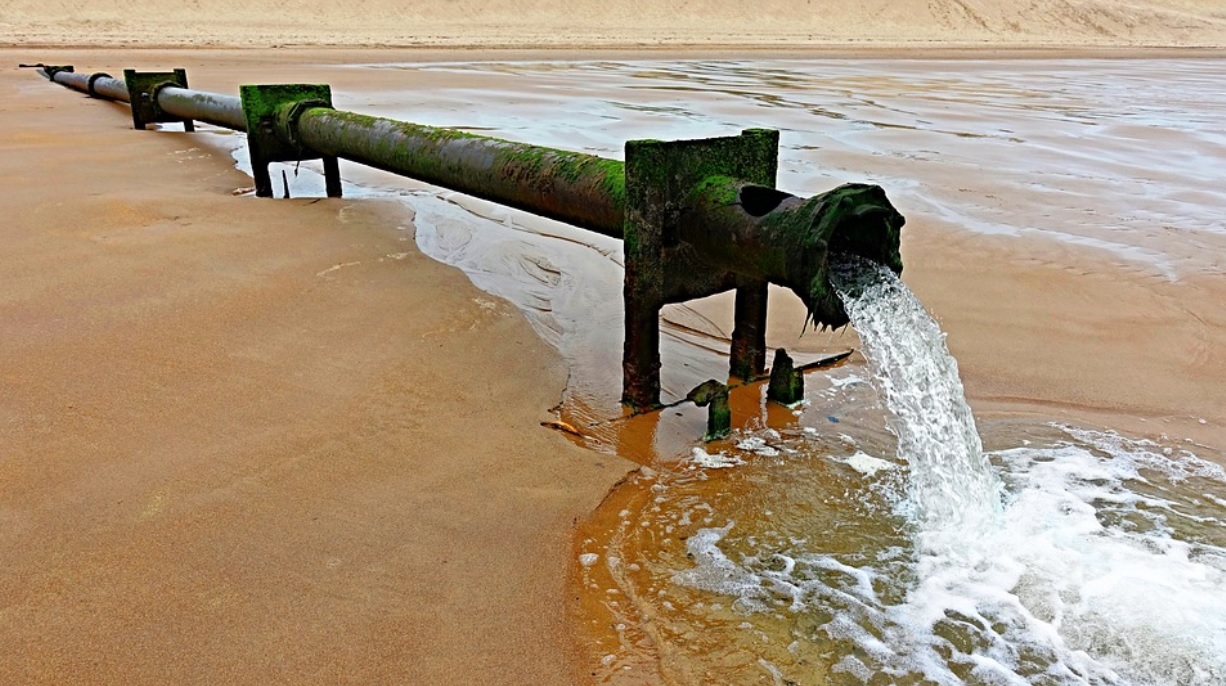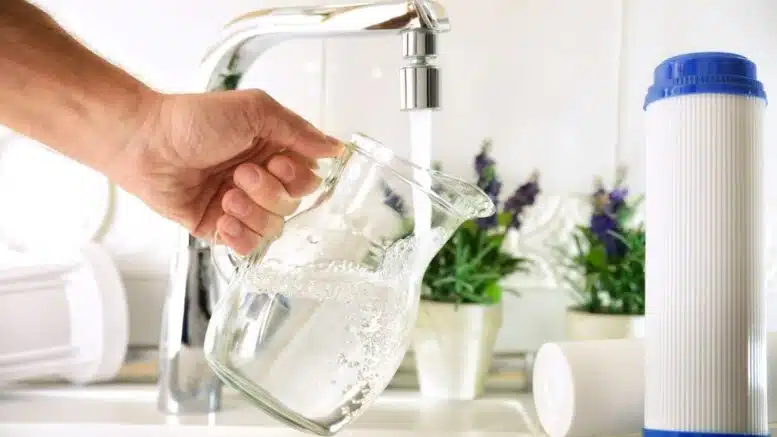According to science, a person can endure three weeks without food, but most individuals can’t last more than three to four days without water. When dehydration sets in, even if the individual keeps breathing, they will enter shock and go into vegetative state. Water is therefore the most important need. A live thing just cannot thrive without it. However, the fact that billions of people lack access to safe drinking water worldwide is a terrible reality.
“Safe water, sanitation, and hygiene at home should not be a privilege of only those who are affluent or reside in urban areas,” says Dr. Tedros Adhanom Ghebreyesus, the Director-General of WHO. These are some of the most fundamental needs for human health, and it is the duty of all nations to guarantee universal access to them.
Sadly, unless governments are ready to take action, many people still lack access to safe water. Here are five justifications by Whole World Water on why everyone needs access to proper sanitation practices and clean drinking water at home.
Provides Nourishment
Life is water. The sooner individuals in positions of authority realize this, the sooner this law of everyone having access to water may be put into practice. The best source of nutrients is water. The significance of water is sufficiently demonstrated by the fact that the human body is 60% water. Humans must drink enough water for their physiological systems to work properly. Water also keeps organs healthy and keeps blood at the proper consistency for free circulation and the delivery of oxygen and nutrients to all body cells.
Prevent Diseases
Did you know that people can get a variety of ailments if they cannot drink safe, pure water? Typhoid, cholera, and hepatitis A are all fatal medical illnesses brought on by consuming polluted water or being around it. Imagine the dangers that people face if the only water available to them is polluted water from sewage and industrial locations. In order to stay healthy and to avoid contracting diseases, clean water is crucial.
Aids in the Removal of Toxins
Additionally, drinking clean, fresh, and safe water aids in the removal of all types of toxins from the body, including those produced by internal processes, those acquired from the environment, and those brought on by consuming tainted water.
Required to Produce Food and Agriculture
Clean water is a crucial component in the food-production process. If crops and grains are watered with polluted water, the germs and illness will go into the fresh food and get into the people who eat it. As a result, water utilized in agriculture must also originate from reliable and pristine sources.
Upgraded facilities for sanitation
In addition to being necessary for drinking, clean water is also important for sanitary reasons. Using polluted water to wash the body or clothing will also contribute to the spread of illness. The same is true for jobs like cooking, cleaning, and other comparable ones that are essential to our daily life. Health requires access to clean water.

Communities Need Clean Water for Socioeconomic Development
Lack of access to clean water is a major contributor to poverty, and ending it requires addressing this issue. A community’s economic growth and poverty level are considerably increased and decreased when water supplies are enhanced and made sustainable.
Water collection might take women and children up to six hours every day. Because it takes up so much time, it prevents women from earning a living and significantly cuts down on the amount of time kids have to spend in school.
This type of marginalization harms a community’s social and economic growth whenever it occurs. Children who spend time in school rather than gathering water every day, for instance, are better prepared for future prospects and the community as a whole benefits economically.
Every year, 3.575 million people die from illnesses brought on by unclean water, and a lack of clean water is a contributing factor in their deaths. Some of these individuals are the main breadwinners for their families, and their loss plunges the family into deeper poverty, which can have an effect through multiple generations.
Final Thought
Communities are able to flourish psychologically and spiritually when they have enough access to clean water. Clean water keeps individuals physically hydrated. Since the brain is around 75% water, dehydration affects thinking and problem-solving skills because circulation is slowed down. This decreased blood flow also results in less oxygen reaching the brain, which has an adverse effect on cognition and the capacity for clear thought. Anxiety and irritation rise as a result of decreased mood and energy levels.
Having access to clean water gives people hope—hope that a real God cares for them. We provide children and their families with the prospect of a better future.
